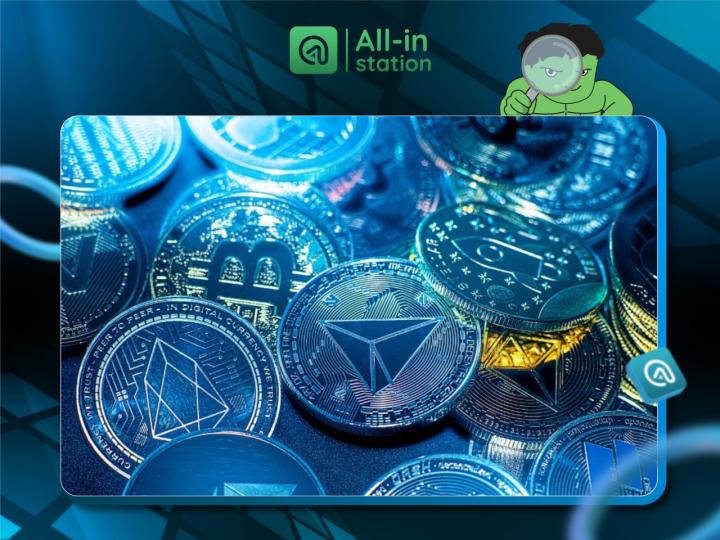Recently, the Sass Sister team has been continuously receiving numerous consultations about RWA projects, with underlying assets ranging from agricultural products and real estate to precious metals, and even some seemingly abstract conceptual projects...
In fact, the Sass Sister team has previously clarified that under the premise that the 9.4 announcement and 9.24 notice are still in effect in our country, only RWA projects that have passed strict review through the Hong Kong Ensemble sandbox and are issued under supervision possess certain "criminal risk resistance capabilities". Other types of RWA are very dangerous (especially those issued to mainland China residents).
Therefore, today the Sass Sister team will directly explain which mainland assets can be used in the Hong Kong sandbox, what assets cannot be used, to help partners conduct business more efficiently and save consultation fees.
01 Basic Understanding: Restrictions and Judgment Criteria for Mainland Assets in RWA
First, let's be clear: Assets physically located in mainland China and primarily operating for mainland residents can be used for RWA, which has been proven by several successful RWA projects.
However, assets located in mainland China do have restrictions when issuing RWA in the Hong Kong sandbox. Based on the Sass Sister team's practical experience, the following three types of assets cannot be used for RWA:
1. Assets that do not comply with Hong Kong legal regulations;
2. Assets that do not comply with mainland China legal regulations;
3. Assets that are not suitable for issuance in Hong Kong at the current stage.
Mainland Assets Issuing RWA in Hong Kong Need to Comply with the "Double Compliance Principle"
This logic is easy to understand. While the asset is located in mainland China, the tokenised traditional asset is actually sold and operated in Hong Kong. The entire financing chain spans mainland China and Hong Kong, naturally requiring the "Double Compliance Principle" - the underlying asset must be compliant in both mainland China and Hong Kong.
[The translation continues in this manner, maintaining the original structure and translating all text while preserving any <> tags and specific terms like Token, TRON, etc.]Intellectual Property RWA
In the overseas crypto asset circle, there are already many projects related to intellectual property, such as copyrights, trademarks, and patents. Some film and television projects have even used tokenization for quick financing. Currently, we have not seen successful cases of RWA projects in Hong Kong. However, the team believes that intellectual property can be explored as an underlying RWA asset. Each project should be analyzed individually. If the intellectual achievement has significant commercial value, it can be boldly attempted after regulatory guidelines are clear.
Agriculture and Agricultural Product RWA
Recently, someone asked the team about whether "Sunshine Grape" could be an RWA, showing a similar domestic grape project's promotional materials. Without evaluating the specific project, from an abstract perspective, if an agricultural and agricultural product RWA project meets technology ethics review standards, has high technological content and research value, and demonstrates good commercial potential, it can be boldly attempted after regulatory guidelines are clear.
Pure Concept RWA
Partners must understand one point: RWA is not crowdfunding. For such projects, the team generally gives a direct rejection.
03 Closing Remarks
To elaborate: For underlying assets whose "physical body" is neither in mainland China nor Hong Kong, can RWA be done in Hong Kong? The team believes that currently, there are no regulations specifying where assets must be located to apply for Hong Kong RWA. From Hong Kong's positioning as an "international financial center", the location of the underlying asset should not be an obstacle to RWA. Authenticity, credibility, compliance, and investment value are the hard indicators.







